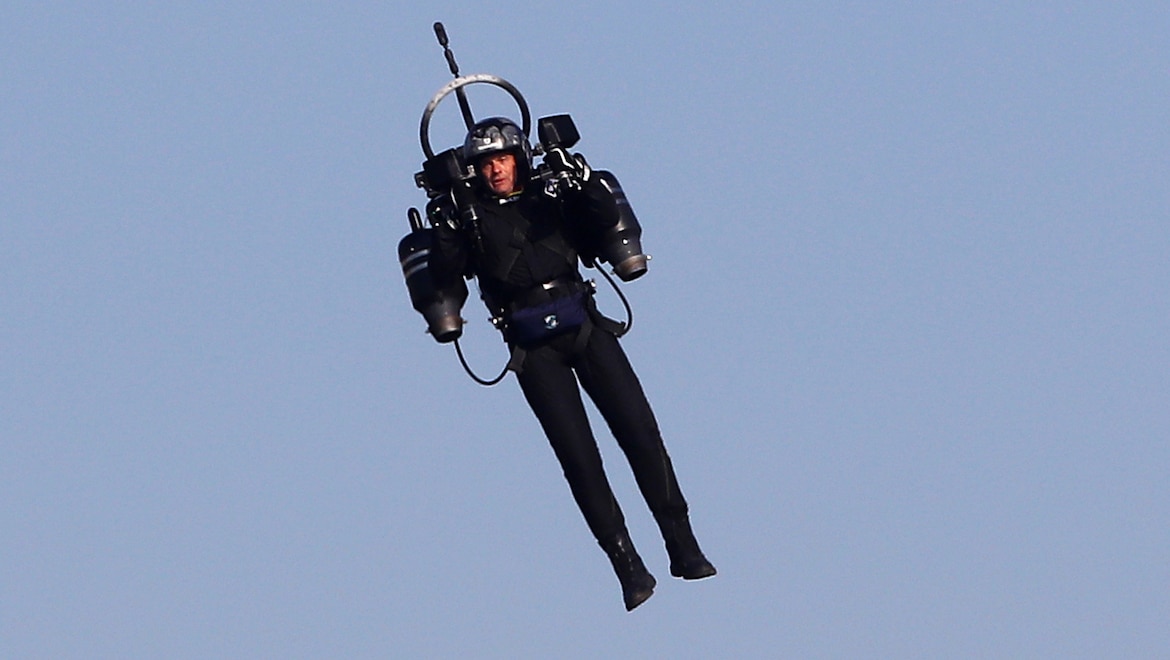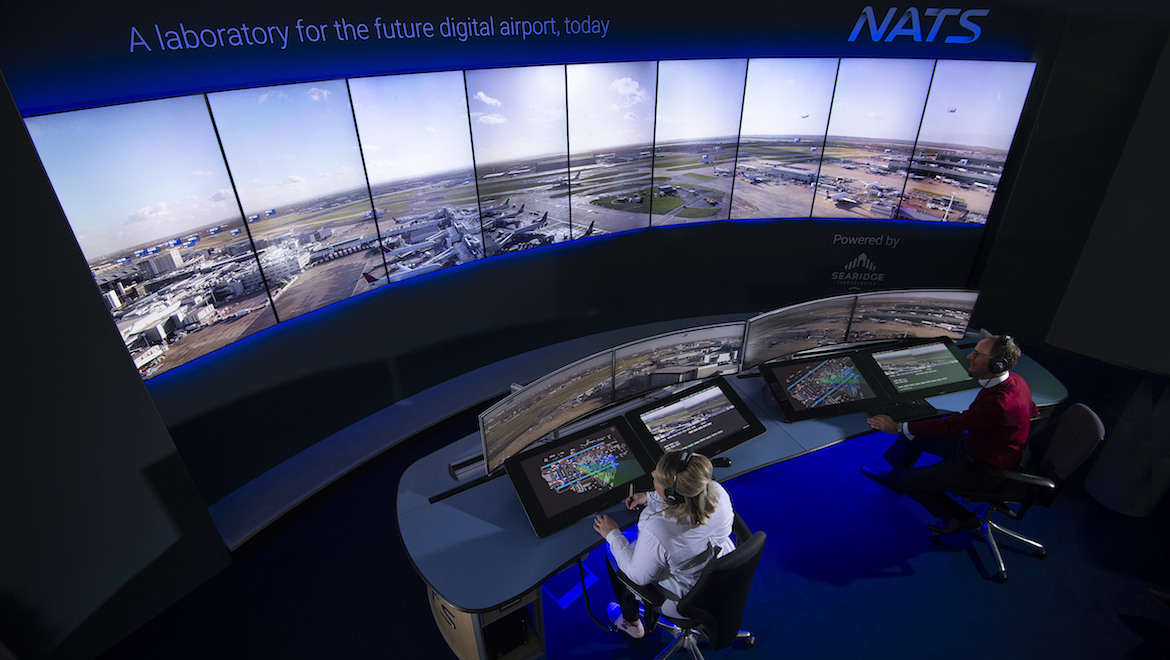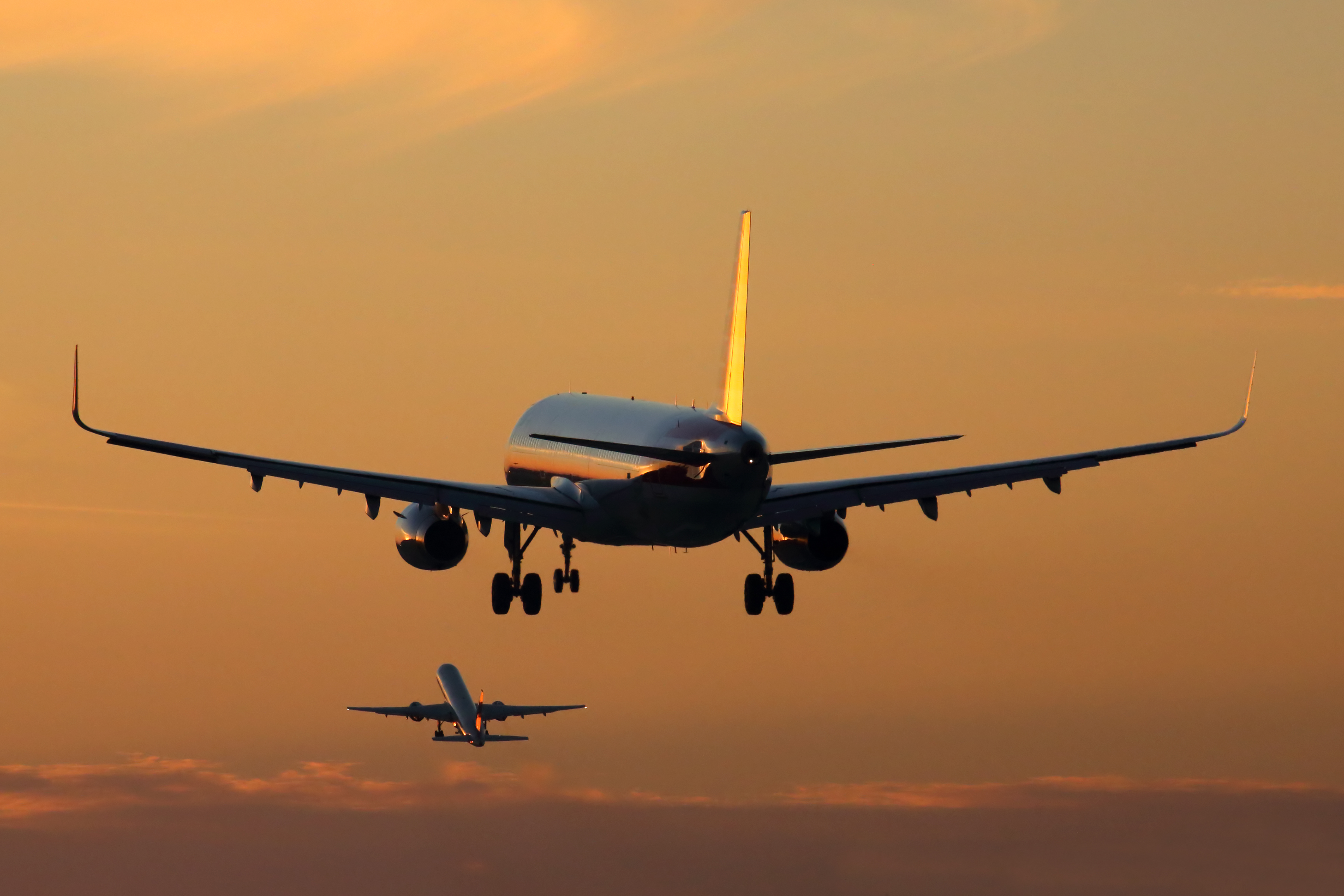A report from research by the Australian Transportation Safety Bureau (ATSB) into loss of separation (LOS) incidents in Australian airspace has drawn immediate and strong defence from the operator of military airspace, in which the ATSB found a disproportionate level of LOS incidents over two years. The Bureau said “military controlled terminal area airspace in
In a reflection of the growing significance of UAVs in Australia, two major UAV-related initiatives have recently been launched. The Queensland University of Technology (QUT) Australian Research Centre for Aerospace Automation (ARCAA) has been commissioned by air traffic management systems supplier Thales to advance Australian research into the implications for air traffic management of UAVs
Airservices has begun upgrade works to the instrument landing system (ILS) installed on the main runway at Melbourne Airport to improve low visibility operations. The essential works include increasing the size of the localiser antenna array at the southern end of the main runway (Runway 16). Works are scheduled to conclude by mid-November with re-certification
The ATSB has opened an investigation into what it describes as a serious incident involving the loss of separation between two Qantas A330s 20km west of Adelaide on September 20. Australian Aviation understands the aircraft, A330-220s VH-EBS operating Perth-Sydney and VH-EBO operating Sydney-Perth, came within 700ft of one another vertically and 1.5nm laterally as one aircraft
Airlines operating into and out of Auckland are set to save tens of millions of dollars in fuel following the implementation of an integrated flow management and arrival management system. In what is said to be a world-first deployment, airlines are already benefiting from significantly reduced airborne delays and optimised flight profiles. Airways New Zealand
Airbus and China’s Air Traffic Management Bureau (ATMB) have signed a memorandum of understanding (MoU) to cooperate on modernising the country’s Air Traffic Management System and to implement the latest Air Traffic Management (ATM) technologies. The MoU focuses on improving capacity and efficiency by harmonising China’s ATM within its own boundaries and with regional air












